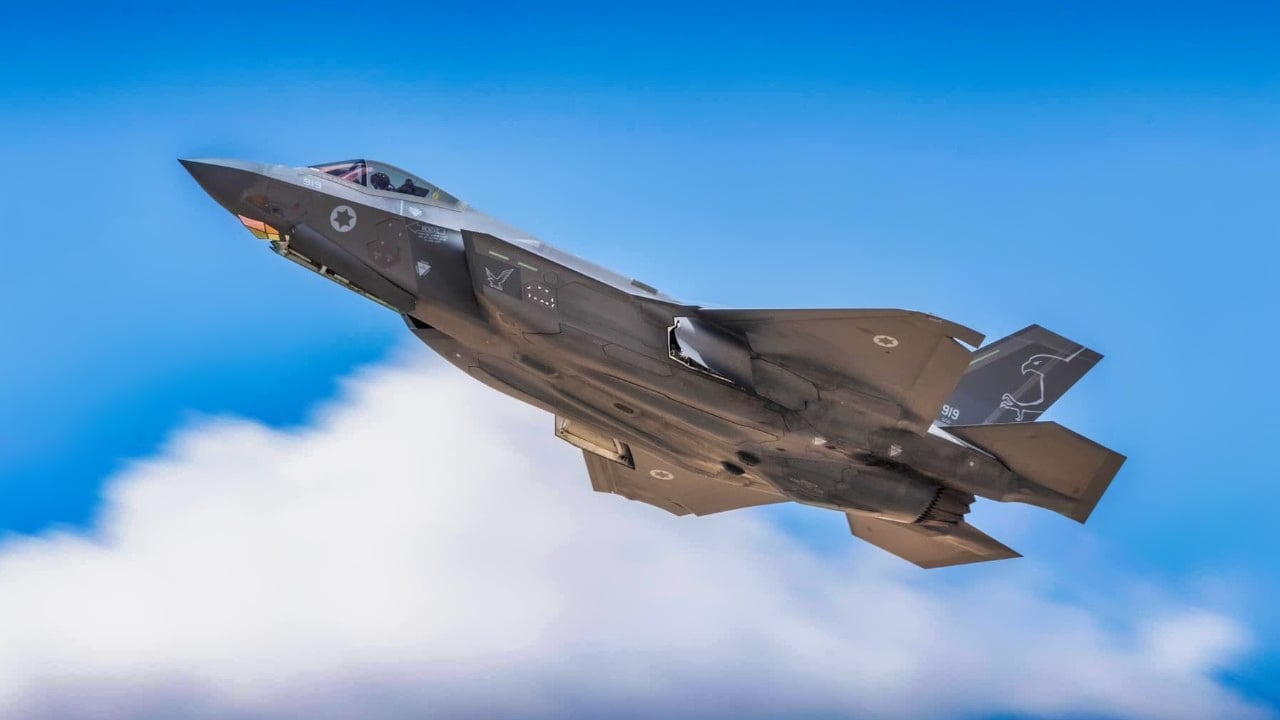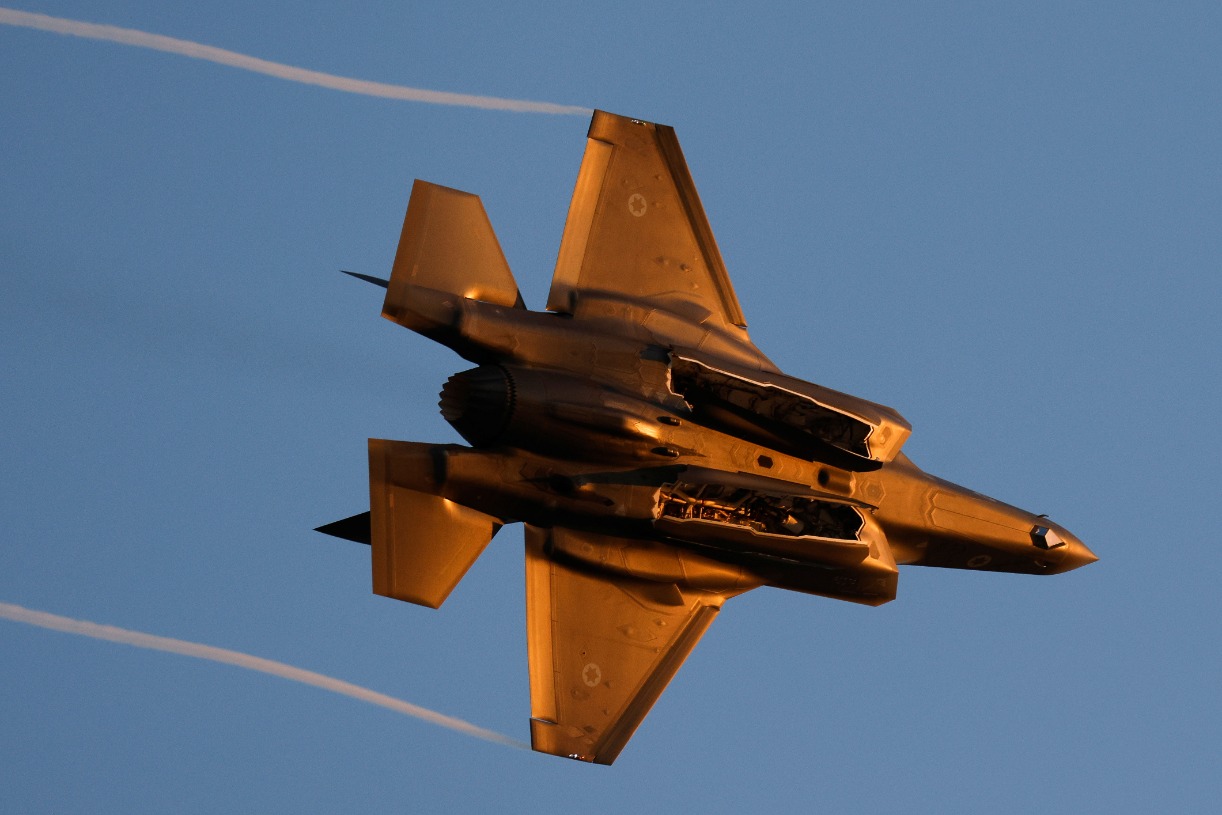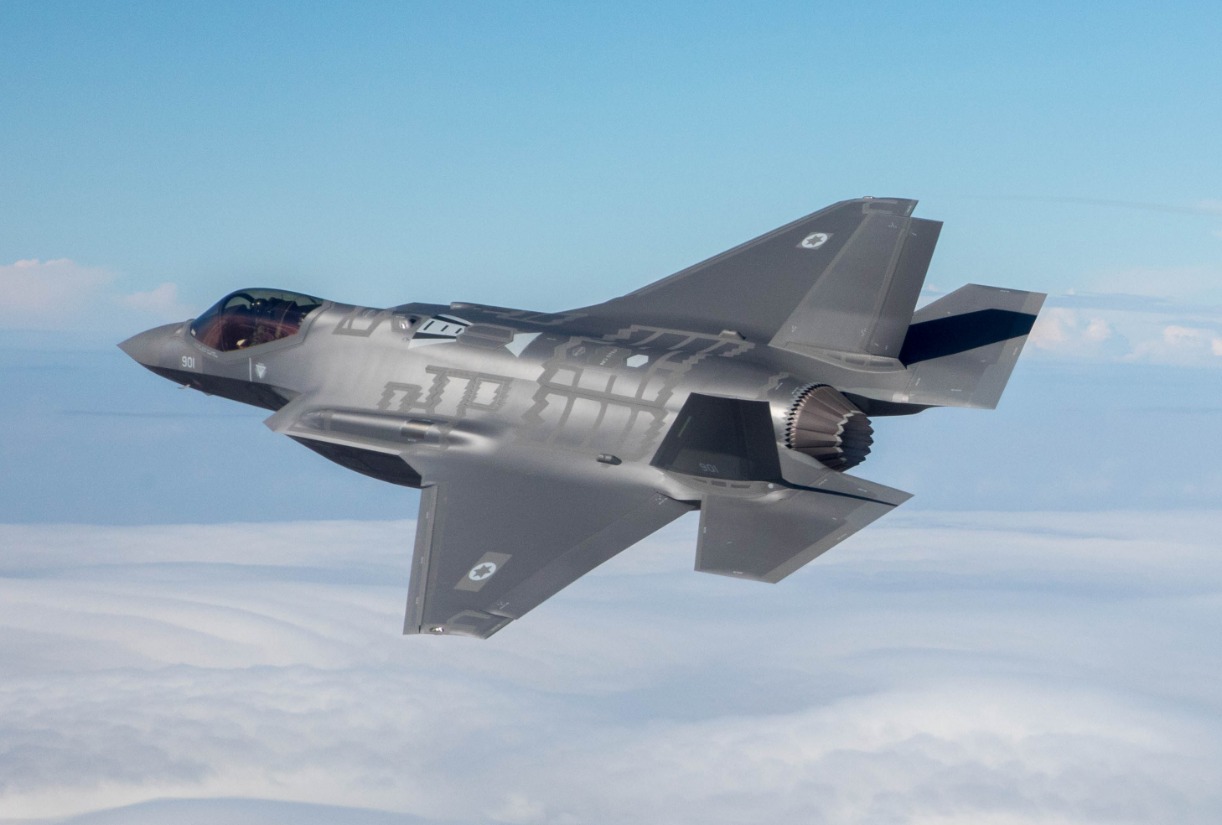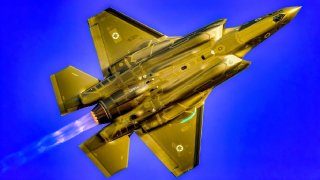Israeli Strikes Reportedly Hit and 'Destroy' Iran’s Covert Nuclear Facility
Reports suggest an Israeli airstrike destroyed Iran’s secret Taleghan 2 nuclear research facility, significantly hampering Iran’s nuclear ambitions.
All the Key Points: Reports suggest an Israeli airstrike destroyed Iran’s secret Taleghan 2 nuclear research facility, significantly hampering Iran’s nuclear ambitions.

-Taleghan 2 may have housed sophisticated equipment for designing the plastic explosives required for nuclear weapon detonation.
-Iran denies pursuing nuclear weapons, asserting its research is for civilian purposes, though U.S. and Israeli intelligence disagree.
-The attack underscores Israel’s commitment to preventing a nuclear-armed Iran, given Iran’s threats to Israel's existence.
-Tensions escalate as Iran weighs retaliation, balancing the risks of war with Israel and the U.S. against the political cost of inaction. European leaders urge restraint to prevent broader conflict.
Taleghan 2 Destroyed: Israel Deals Major Blow to Iran’s Nuclear Program
According to various reports, if accurate, are claiming an Israeli airstrike has destroyed one of Iran’s top secret nuclear weapons research facilities, hampering Iran’s efforts to become a nuclear power, and potentially serving as an escalation point in the ongoing Middle Eastern conflict between Israel, Iran, and Iran’s various proxies.
Keeping Iran Below the Threshold
Iran has been viewed as a threshold nuclear power for years, right on the cusp of achieving a functional nuclear weapon.
In the past, Israel has vowed to never let Iran cross the threshold, that a nuclear-armed Iran would be an unaccepted condition.
No doubt, Israel’s vow stems from the Iranian assertion that Israel should not exist, an assertion that becomes more plausible with the possession of nuclear weapons.

When Iran launched a missile attack against Israel on October 1st, the Israelis plotted a response that would serve both as an adequate retaliation and as a hindrance to Iran’s nuclear ambitions.
Israel’s retaliatory strike “which targeted a site [known as Taleghan 2] previously reported to be inactive, significantly damaged Iran’s effort over the past year to resume nuclear weapons research,” Axios reported, adding that the strike, “destroyed sophisticated equipment used to design the plastic explosives that surround uranium in a nuclear device and are needed to detonate it.”
Satellite imagery, taken after the strike, indicates that the Israelis destroyed Taleghan 2.
Iran Says No to Nuclear Weapons...Maybe
Iran, for their part, has continued to deny that they are pursuing nuclear weapons; according to Iranian Foreign Minister Abbas Araghchi, “Iran is not after nuclear weapons, period.”
Officials within both American and Israeli intelligence agencies are skeptical, having identified the Taleghan 2 facility as, “part of an effort inside the Iranian government to conduct research that could be used for the development of nuclear weapons but could also be presented as research for civilian purposes,” which can be used as a cover for ongoing nuclear weapons research.
One U.S. official, speaking anonymously, said that Iran, “conducted scientific activity that could lay the ground for the production of a nuclear weapon. It was a top-secret thing. A small part of the Iranian government knew about this, but most of the Iranian government didn’t.” Keeping the majority of the government in the dark, of course, allows for plausible deniability. And reduces the likelihood of leaks.

Will Iran Retaliate?
The question now is whether Iran will retaliate for the Israeli strike against Taleghan 2. Eventually, someone will need to exercise restraint, to prevent the ongoing escalatory spiral between, arguably, the two most powerful nations in their respective region. European leaders are calling on Iran to resist retaliation, for fear that the region could be consumed in wider war.
Still, Iran has not ruled out a retaliation.
“Herein lies the key to understanding Iran’s predicament,” Elmar Mamedov wrote, “It’s a delicate balancing act between the need to avoid an all-out war with Israel, and potentially the United States, and the political unpalatability of accepting the strikes on Tehran as a new normal.”
Stay tuned.
About the Author: Harrison Kass
Harrison Kass is a defense and national security writer with over 1,000 total pieces on issues involving global affairs. An attorney, pilot, guitarist, and minor pro hockey player, Harrison joined the US Air Force as a Pilot Trainee but was medically discharged. Harrison holds a BA from Lake Forest College, a JD from the University of Oregon, and an MA from New York University. Harrison listens to Dokken.
Image Credit: Creative Commons and/or Shutterstock.


